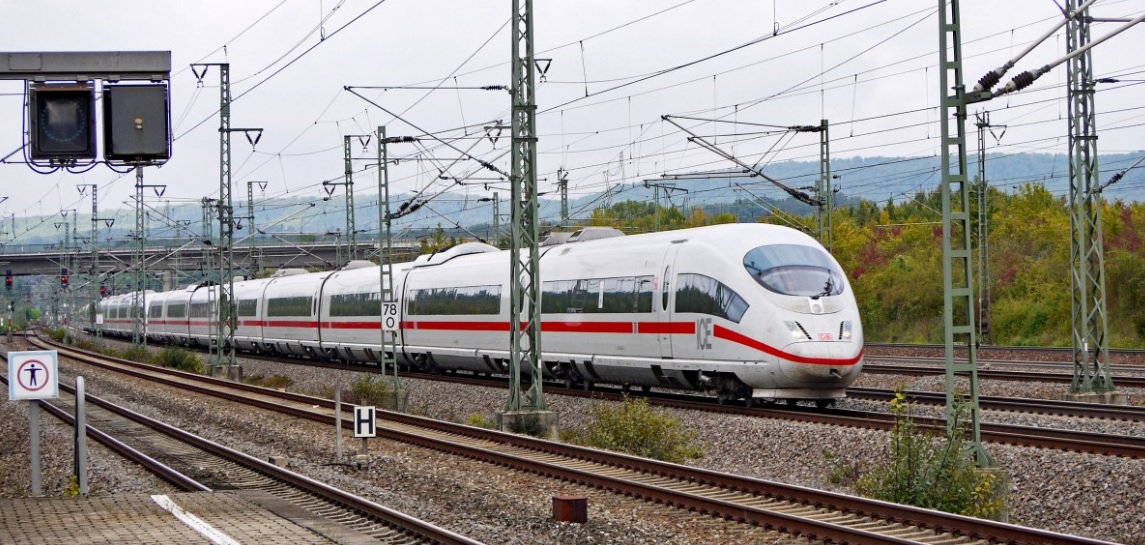Egypt signs 2nd contract for electric train project, borrows USD 1.2bn from China

- Country:
- China
- Egypt Arab Rep.
The relationship between China and Egypt is getting stronger day by day. Egypt has finalized a loan agreement of USD $1.2 billion with the Export-Import Bank of China (EximBank) for pumping out funds behind electric train project. This is said to be the second contract on financing the electric train project.
According to Hesham Arafat, country’s transport minister, the loan would fund the construction of Egypt’s first electric train. The event was attended by the Egyptian Prime Minister Mostafa Madbouly, the Minister of Investment and International Cooperation Sahar Nasr, Egypt’s chairman of the National Authority for Tunnels Ahmed Fouda, and Exim’s Vice President Sung Ping.
Egyptian minister Hesham Arafat elaborated that the train would link the country’s new industrial cities located in the outskirts of the capital Cairo together. It would also include 10th of Ramadan City, the New Administrative Capital, and El Salam city, as reported by Middle East Monitor. The light train would reportedly include 11 stations and would serve 350,000 people. The electric train project runs for 67.846 kilometers, of which 61 kilometers are surface tracks, 6.1 kilometers are over an upper bridge and 0.665 kilometers in tunnels. The line includes 11 stations.
“The minister noted that the loan encompassed $739 million at an interest rate of 1.8 per cent and $461 million at a rate of two per cent. “The loan will be paid over 15 years with a five-year grace period,” Arafat opined. Meanwhile, the source reported that Egypt’s foreign debt augmented by 17.2 percent year-on-year, hitting USD 92.6 billion in comparison to USD 79 billion during the same period in 2017.
- READ MORE ON:
- Egypt
- China
- China Egypt
- Egypt China
- electric train
- electric train project
ALSO READ
EXPLAINER-South China Sea: Why are China and Philippines tensions heating up?
China says EU subsidy probes interfere with China, Europe cooperation
Biden and Japan's Kishida forge new partnership, eyeing China and Russia
China tried to meddle but Canadians decided the last two elections, says PM Trudeau
China accuses EU of protectionism in investigation of subsidies for green industries










